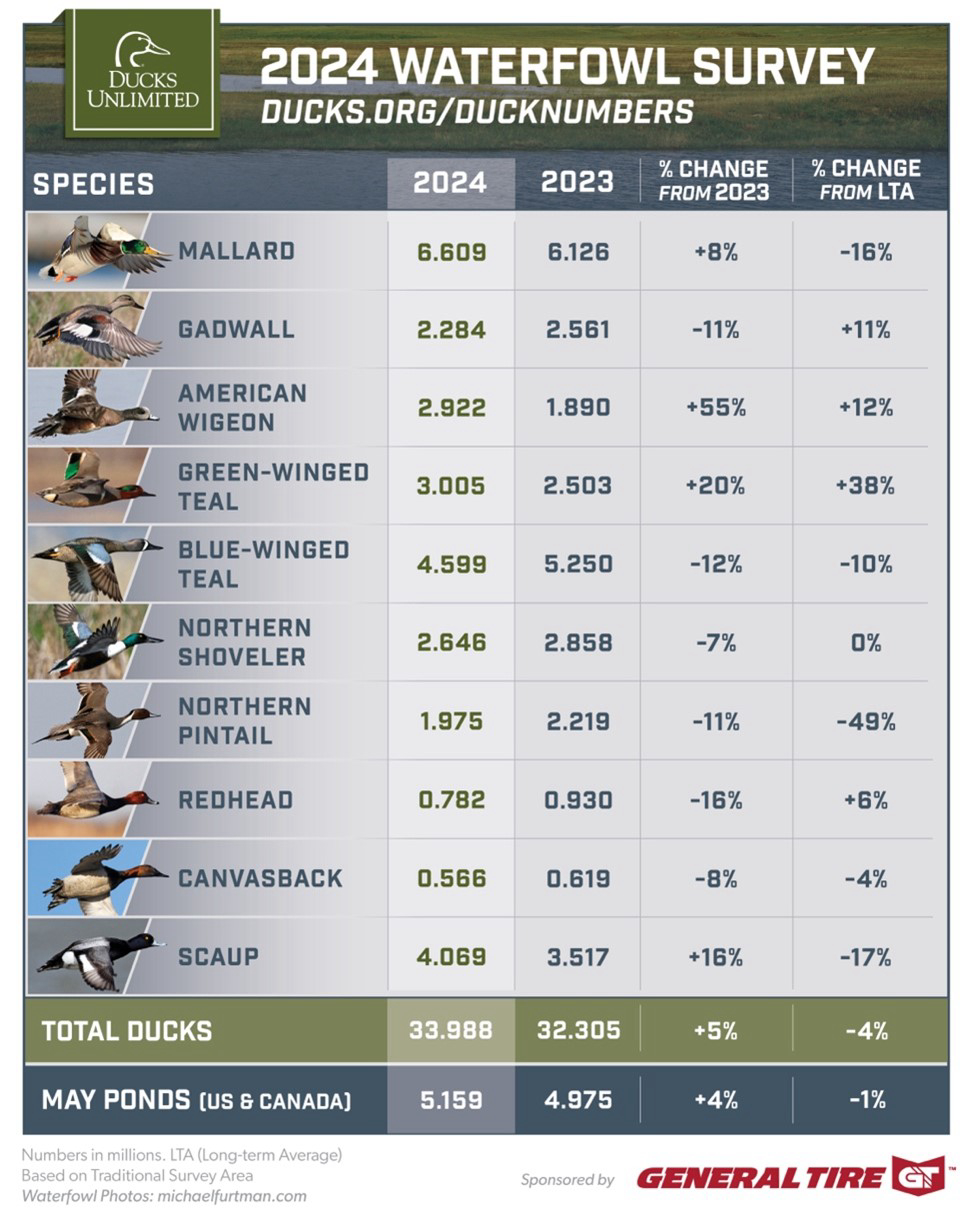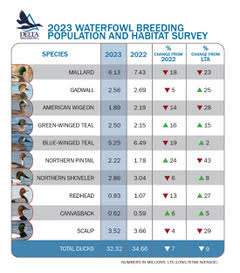MI DNR finds 2013 firearm deer hunters faced challenges, but persistence pays off
Michigan’s 2013 firearm deer season wrapped up last weekend, and challenging conditions and lower deer numbers in some areas have likely led to fewer deer being taken this year, the Department of Natural Resources announced today. Firearm season deer check-station activity declined in all regions of the state compared to 2012.
Each year the DNR generates preliminary estimates of the firearm deer harvest shortly after the season closes on Nov. 30. Those estimates are replaced by a rigorous assessment of harvest and participation over all deer seasons using an annual hunter mail survey.
The 2013 firearm deer season harvest appears to have decreased in all regions this year, but particularly in the Upper Peninsula and southern Lower Peninsula. Experiences can differ widely within regions; DNR biologists estimate the harvest (compared to 2012) was down perhaps 15 to 20 percent across the Upper Peninsula, decreased only slightly in the northern Lower Peninsula, and declined perhaps 10 percent in the southern Lower Peninsula.
“Deer populations in the Upper Peninsula are feeling the effects of late and heavy snowfall last winter, and in some areas of southern Michigan are still recovering from an extensive outbreak of epizootic hemorrhagic disease two summers ago,” said Brent Rudolph, DNR Wildlife Division Deer and Elk Program leader.
“A new antler point restriction in 12 counties of the northern Lower Peninsula has added protection for young bucks,” noted Ashley Autenrieth, Wildlife Division deer biologist for the northern regions, “so we expected buck harvest in that region to be lower for at least a year.”
Severe weather conditions, warmer-than-average temperatures and concentrations of standing corn that provide secure cover for deer also contributed to adverse hunting conditions in some locations. A recent national survey highlighted that persistence pays off, particularly when conditions are not ideal. Successful deer hunters hunted an average of 18 days, which is longer than the entire duration of Michigan’s firearm season.
Rudolph stressed the importance of cooperation with Michigan’s hunter harvest survey, which he called “a vital tool for Michigan’s deer program, and an important way in which data provided by hunters contributes to our information base.”
Hunters that do not receive a survey in the mail but wish to provide their hunting and harvest information may visit www.michigan.gov/deer and select the Deer Harvest Reporting Form link. Hunters should only provide this information once they have completed all of their 2013 hunting activities, including seasons open through as late as Jan. 1, 2014.





